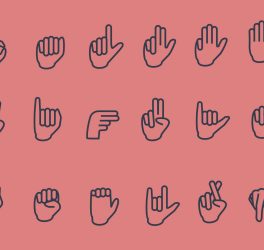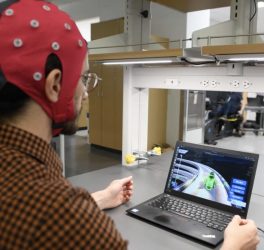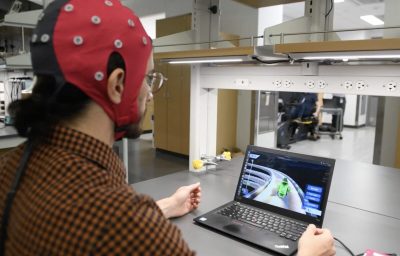Sony Music Brazil announced a new Digital Accelerator Program to drive Artificial Intelligence and Machine Learning developments in the Brazilian music market.
The Program kicked-off with the launch of Sony Music Brazil’s hackathon challenge – code/stage – the first hackathon from a major music company ever held in Brazil.
Sony Music Brazil ‘code/stage’ hackathon awards three projects that harness artificial intelligence and machine learning, including helping people with hearing disabilities enjoy music. Participants created over 30 projects during the Hackathon, with three winning projects announced today:
Feel The Music – A project that seeks to enable people with hearing disabilities to enjoy music. The AI identifies a music track’s rhythm and translates it into vibrations from a user’s smartphone. As a result, people with hearing disabilities are able to feel the vibrations of a song and immerse themselves in the music.
AVAI (Audio Visual AI) – A project that harnesses AI to help consumers match music playlists to specific images. With just one image entry, music lovers can enjoy a playlist matched to the moment reflected in the image, providing music that resonates with the user’s mood.
Filtr Hit – A project that accelerates music consumption through ML by helping an artist spark more interaction and engagement with fans through a range of challenges where consumers use Sony Music Brazil repertoire in their social media videos.
Sony Music Brazil plan more collaborations with the country’s tech community via more hackathons, knowledge-sharing panel discussions and talks, and exploring initiatives that build young people’s digital skills primarily from disadvantaged backgrounds.
“We are excited to announce the launch of our new Digital Accelerator Program as we work to use digital innovation to help further grow the reach and commercial opportunities for artists and provide more transparency and ownership for artists of their own data,” said Paulo Junqueiro, Managing Director, Sony Music Brazil.








